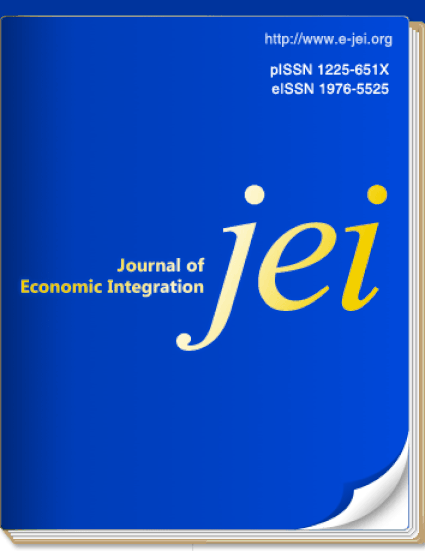
Article
Intensity of Trade with the EU and Corruption in Africa
Journal of Economic Integration
(2013)
Abstract
Via partnership agreements, the EU provides African countries with access to its markets and asks for compliance with a given set of good governance norms and procedures. While the EU markets are significant for African countries, African markets are not significant for the EU. This asymmetric relationship should give the EU the power to “convince” the African countries to adopt better governance practices. Results from panel data regression analyses indicate that for 34 African countries, an increase in the intensity of trade and imports from the EU between 1984~2009 reduced the level of corruption, but not always the intensity of exports to the EU. These findings do not provide strong evidence in favor of the idea that the EU has effectively used its asymmetric trade relationship in convincing African countries to adopt better governance practices, but they consistently support alternative-rival-hypotheses, namely trade openness and imports-as-market discipline hypotheses.
Keywords
- Intensity of Trade,
- Conditionality,
- Corruption,
- European Union,
- Africa
Disciplines
Publication Date
December, 2013
Citation Information
Omer Gokcekus and Yui Suzuki. "Intensity of Trade with the EU and Corruption in Africa" Journal of Economic Integration Vol. 28 Iss. 4 (2013) Available at: http://works.bepress.com/omer_gokcekus/45/
